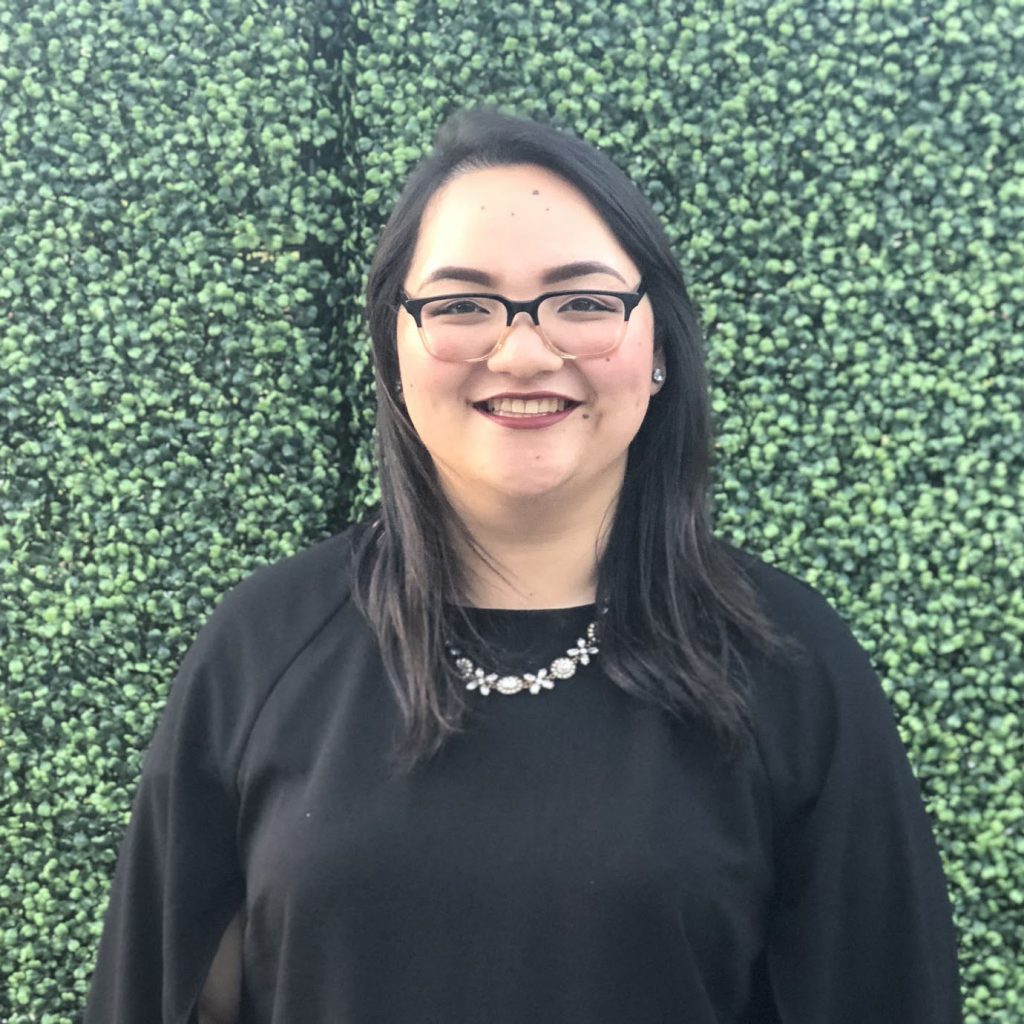
I grew up in church. The Church on Sunday from 8am-8pm, Monday night prayer group, Wednesday night youth group, Friday worship rehearsal kind of church. I grew up memorizing Bible verses, singing Sunday School songs, and learning what it means to be a “good Christian.” There was a lot of learning about sacrifice, community, and giving of yourself to ensure that your sibling in Christ is taken care of.
Also, as an immigrant, born in a developing nation and coming to the United States, the “American Dream” had been ingrained in me as a young person. What blew my mind is that this ambition to do well so that I will have a “good life”—which is usually evidenced by material comfort including a family with 2.5 kids and a big house and white picket fence—seemed to also be tied to the blessings of God. Often, I heard sermons that used Scripture as reference to link obedience to God to material blessings. That if I do all the right things, read my Bible, attend Bible Study, serve in ministry, tell others about God, then God will bless me with the American Dream.
Yet, today when I read the Scripture, I encounter over and over again the notion (and sometimes, warning), that the expectation for Christian life is not one of upward mobility as an individual, but one of humble service to others. It is a life that recognizes its dependence on other people, working together as one body.
In addition, linking obedience to God to access to material wealth and comfort left me feeling uncomfortable. What does that mean for those who live in poverty? That they do not have enough faith and have not done the “right things” for God to bless them in this way? What does that mean for enslaved people who sang Spirituals that spoke of their faith in God? Was that not enough for God to bless them? It seems silly when asked in this way, yet this is how it always came across to me whenever these kinds of sermons were taught.
I will be the first to admit that I had only the very basic, if any, understanding about other faiths outside of my own. For the most part, I only knew of other religions based on how they were different from Christianity, and not the similarities we shared. My time so far in the ICJS Justice Leaders Fellowship (JLF) program has helped illuminate how Christian, Jewish, and Islamic beliefs and principles have a shared calling to practice economic empowerment, especially to underserved communities and individuals. It emphasizes a turning away from the traditional American Dream of individually climbing the mountain of success, and instead, lifting up communities as a whole. The shared notion of empowering the flourishing of others instead of focusing on individual increase was refreshing and encouraging. All three religious traditions view wealth as something we steward as a resource from God, not meant to be hoarded for personal gain.
I will be honest and share that there were moments in our sessions, as we explored how deeply unequal our communities are, that I felt overwhelmed, feeling that we have dug the trench so deep in capitalism, how do we get ourselves out? Yet, I was encouraged by other fellows who offered novel solutions that were so different from how society currently operates. Ultimately, that’s what I now continue to come back to: that we need to imagine a world and way of doing things that is so different from how we currently operate because our current systems were built on purposely creating divisions and gaps in wealth and advancement.
In my work at Marian House, the gaps in opportunities for advancement for the people we serve is evident. Individuals who have experienced homelessness, addiction, incarceration, and other trauma are at a disadvantage when it comes to building and sustaining an independent life that allows them access to education, employment, healthcare, and more. As an ICJS Fellow, I am becoming emboldened to view individuals as having innate human dignity inherently deserving of opportunity, wealth, and advancement, not because of their own merit but simply because they are human. Having this as a foundational understanding takes the blame off of the individual and recognizes that there are systems in place that prevent individuals from flourishing. Therefore, empowering individuals is not just about pointing out all the things they could be doing better, but actually directly addressing the barriers in place that hinder their advancement.
This experience has kept one of my favorite passages in the Christian New Testament, 1 Corinthians 12:12-30, at the forefront of my mind when thinking about economic justice. This passage points out our need for each other; that no one can say to another “I don’t need you” because just as in our human bodies, we need all the parts of our community body. Whatever our role is in the world, we are equal. When one suffers, every part suffers, and when one part is honored, every part rejoices with it (v.26). This fellowship has exemplified that passage for me, that, no matter what background or faith tradition we come from, we need each other.
 Psalms Rojas is Chief Administrative Officer at Marian House, and a member of the 2021 ICJS Justice Leaders Fellowship.
Psalms Rojas is Chief Administrative Officer at Marian House, and a member of the 2021 ICJS Justice Leaders Fellowship.
Baltimore is part of a national conversation around questions of justice, race, and community. Members of the ICJS Justice Leaders Fellowship consider how Jewish, Christian, and Muslim teachings and practice can contribute to the public conversation about (in)justice. Opinions expressed in this blog are solely the author’s. ICJS welcomes a diversity of opinions and perspectives. We do not seek a single definition of justice between or within traditions.